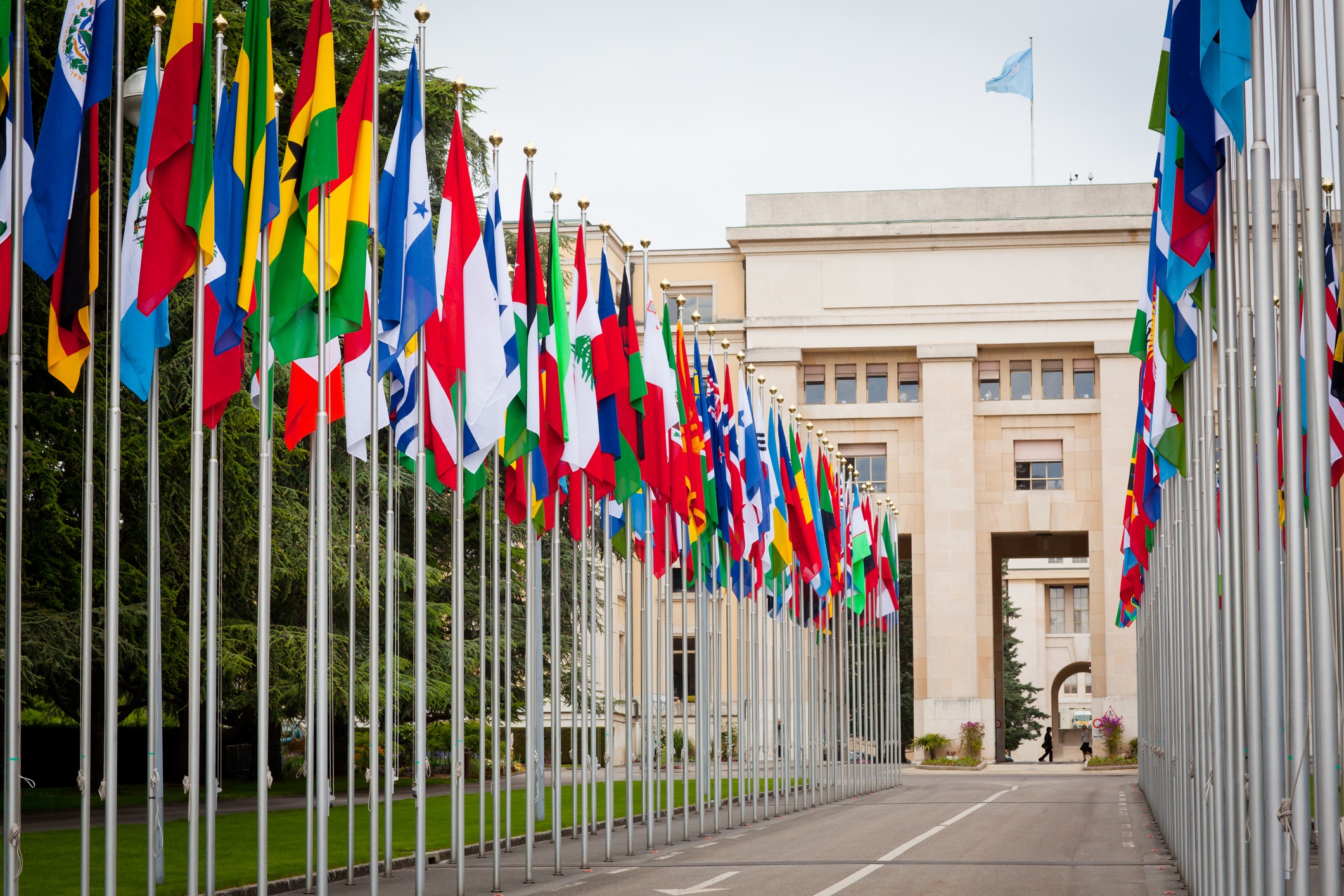Innovation and sustainability: new business financing to meet the goals of the 2030 Agenda

Innovation and sustainability. In a view to foster and support business investments in innovative projects having a positive impact in terms of sustainability, Banca Sella has allocated a new business financing ceiling of one billion Euros. The above, as Massimo De Donno, Head of the Banca Sella Network of branches, said in an interview with ANSA, is because "the beacon of ecological transition can also lead the economic recovery".
"Through the provision of this one billion euro ceiling - continued De Donno - we want to give an important signal of closeness and support to the many companies in our country to effectively help them in facing this restart phase with adequate tools". The fulcrum of all this is precisely the small and medium-sized enterprises which, "with their variety and ability to open up to new solutions, are our target audience. We want to be part of their sustainable and innovative transformation, always bearing in mind that sustainability requires continuous innovation and innovation, to be truly useful, must be sustainable ".
The 2030 Agenda
With this initiative, Banca Sella focuses on the eco-friendly transformation of production processes by allocating a one billion Euros business financing ceiling to encourage green-oriented innovative projects. The reference framework is the UN Agenda 2030 and its 17 identified development goals [LINK]. "We are convinced - explained Massimo De Donno - that focusing on innovative projects and related to sustainability, in all its aspects, represent for companies a long-term investment in their activities with positive effects in the social field, territorial and environmental spheres". "And this is why - continues De Donno - we want to contribute to a healthy and sustainable development of society, meeting the needs of present generations without compromising future ones".
The areas of action
In detail, thanks to the ceiling, companies will then be able to apply for new funding, for example, for research and development projects dedicated to productive sustainability or with a socio-environmental impact; for investments in energy-efficient technologies, renewable sources and in general to mitigate the environmental consequences generated; for exportation related projects and for the certification of processes and products; for participation in networks and international events dedicated to innovative and sustainable entrepreneurship; for initiatives in the health and safety of workers, training courses, welfare support measures and smart working; to obtain quality certifications regarding the products and services offered; to implement channels of communication between the company and consumers and to measure their satisfaction; for participation in investments with local associations, universities, research centers and other similar bodies with direct or indirect impacts on the local community.
The guarantees
The loans may also be granted by Mediocredito Centrale (MCC) or the European Investment Fund (EIF) and used to implement initiatives in the fields of circular economy, environmental management, local community and territory, customer responsibility, working relationships and diversity, economic performance, governance and compliance, suppliers and supply chain.
The Superbonus 110% applies as well
Always with a focus on environmental impact and ecological transition, almost a year ago, the bank had already launched an offer package to access the benefits of the so-called Superbonus 110%. A measure designed to relaunch the building industry, a collection of many actors, contributing to the economic recovery. Among the works that fall within the scope of the facility, several solutions improve the environmental impact, such as the charging of electric vehicles or the installation of photovoltaic systems.
"Sensitivity to sustainability issues is growing progressively - concluded De Donno - Awareness on these issues is, however, not recognized as an economic growth leverage for many SMEs, which are small in size and not yet ready to face the risks of their green transition". With the new one billion ceiling allocation, the bank wants to encourage a paradigm shift among companies: "It is a cultural rather than a financial issue to which we want to make a tangible contribution".